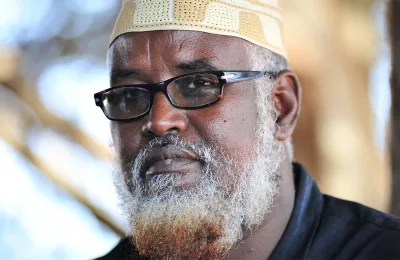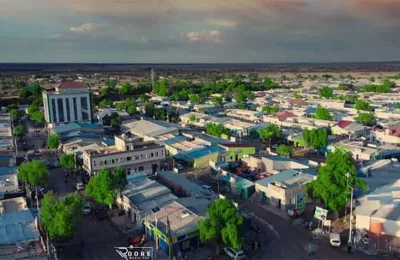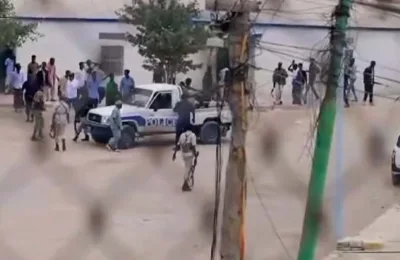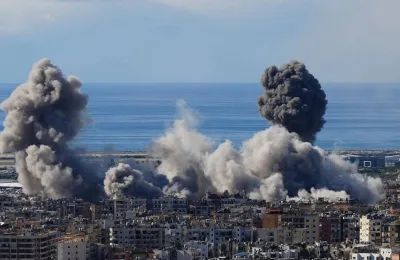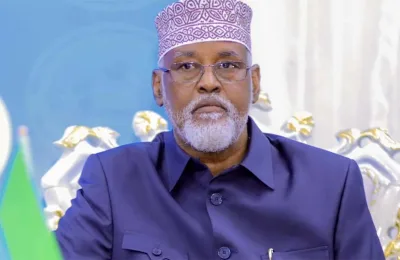When Somalia’s new minister of information took office in March, he promised to review the country’s…

When Somalia’s new minister of information took office in March, he promised to review the country’s restrictive media law, raising hopes of fostering a better environment for journalists and free expression in the country.
Those hopes have largely been dashed. The amended law, approved by the cabinet on July 13, makes some reforms but does little to address the law’s deep flaws. Somalia’s journalists – a grueling and life-threatening profession here – deserve better.
Being a journalist in Somalia is dangerous: at least two journalists were murdered in 2016. Authorities have used various tactics to restrict media coverage, including arbitrary arrests and forced closures of media outlets, threats, and occasionally, criminal charges. The Islamist armed group Al-Shabab also targets journalists for reporting deemed unfavorable. Not surprisingly, journalists often self-censor on key issues of public interest, including security and governance, to stay safe.
While amendments to the law have partially addressed some concerns raised by Somali media organizations – including by reducing the heavy fines imposed on journalists for violating the law’s restrictions, and no longer making a journalism degree a requirement to practice journalism – the law still hands authorities a big stick to keep the media under control.
The law maintains vague and overbroad restrictions, including prohibiting “propaganda against the dignity of a citizen, individuals or government institutions,” and “dissemination of false information.” This leaves lots of room for interpretation by authorities – in response, journalists unclear of where the lines are drawn are likely to self-censor even more.
International and regional legal standards place a high value upon uninhibited expression concerning public persons and state institutions, and discourage open-ended and ill-defined provisions that risk chilling the media. Similar articles persist in Somalia’s 1963 criminal code, also under review.
But journalists continue to be arrested, and on occasion charged, under such outdated provisions. Two weeks ago, the authorities in the semi-autonomous region of Puntland arrested a journalist, Ahmed Ali Kilwe, reportedly for criticizing the president; he has since been released without chrge.
The amended media law does not provide for parliamentary oversight of nominations for a new media regulatory body. It also maintains watered-down but still substantive requirements for entry into the journalism profession – there should be none.
When the revised media law heads to parliament for review, key committees should direct that the law be sent back to the drawing board to ensure that the final version helps to promote, not stunt, the development of a free and vibrant media in Somalia.
Source: HRW

